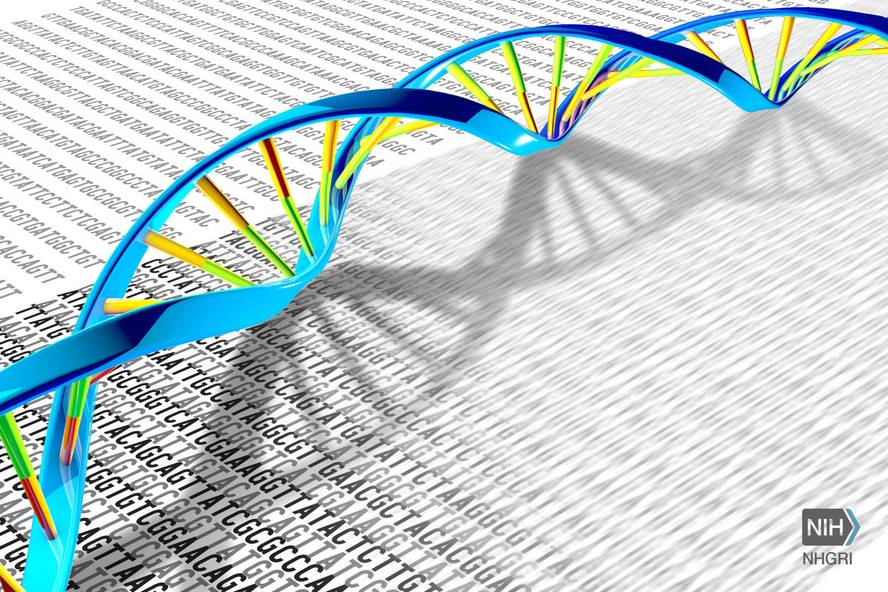When bad digestions are a headache

According to experts, seven out of ten women have discomfort in digestion. Although in men the proportion is lower, they complain a lot about heavy digestions: the feeling of swelling, gas and abdominal pain are common symptoms.
Digestion is a complex process. Once eaten, different acids and juices are combined in the stomach, the food is broken, the nutrients are extracted from it and the energy needed by the body is obtained. Often, the balance between these acids breaks, leading to an outbreak or indigestion. In addition to special causes such as stomach or duodenal ulcers, diabetes, etc., the problem may have several origins:
- Plenty of meals, weight and with plenty of fat. If excesses are carried out sporadically, the discomfort of the stomach will normally not last for more than a few hours. But if the casings are repeated often, the symptoms will last a long time.
- Drink a lot of alcohol. Alcohol is always irritating to the stomach mucosa, either in the form of unsweetened beverages such as gin or very sweet.
- Intolerance to a particular food. It is usually milk lactose. In this case gas and diarrhoea appear.
- Long-term treatment with antibiotics, corticosteroids, or anti-inflammatories, including acetylsalicylic acid, provided that a gastric protector is not taken simultaneously.
However, following simple tips will suffice to notice a marked improvement:
Take care of food
Chewing quietly, otherwise the stomach will have to make a greater effort to break down food, secrete more water and that will increase the burning sensation. Avoid loud environments while eating – it would not be a bad idea to turn off television – substances that can irritate the stomach mucosa (spicy, alcohol…) and take digestive infusions after eating instead of coffee.
At meals, it is best to choose the right fats, such as olive oil, that lubricate the intestine and facilitate evacuation. And instead of red meat, easily digested proteins like fish or white meat. Fruits like papaya on the pole, or a skimmed yogurt.
It is better to make five small meals a day than two large meals. For the body to have time to recover, avoid fats. You should have dinner a couple of hours before going to bed. If you take a lot of solid foods while you're about to lie down, they'll ferment in your stomach and explain the discomfort.
If symptoms are more or less severe, milk and heavy cheeses should be completely reduced or suppressed. Milk, which may initially be attenuating, will produce gas and burn the heart in two or three hours.
And besides food?
Stress should be controlled. The stomach and intestine are highly innervating organs that suffer a lot from stress.
Massage is beneficial: Perform smooth rotating movements with your fingers from right to left over your stomach and you will improve.
Hurry up. After half an hour of tabletop each day, it burns calories, facilitates digestion and activates bowel movements.
And be careful with medications to relieve discomfort, as antacids can cause hypertension. Always consult your doctor before taking the medication.
Bi erizainetatik batek lanean eraso sexistak jasaten dituela azalerazi du Erizainen Ordenak joan den urte bukaeran egin ikerketak. 21.000 erizainek ihardetsi dute, sektore pribatu, publiko eta liberaletik. Hauetan 2.500 gizonak dira.
These were my last words when we left, held hand in your deep breathing sleep. Your heart stayed forever without a special, simple, dignified pain. As you want and demand. How we want and respect.
Already a month before the arrival of winter, the last days of the longest night,... [+]













.jpg)




.jpg)
.jpg)



